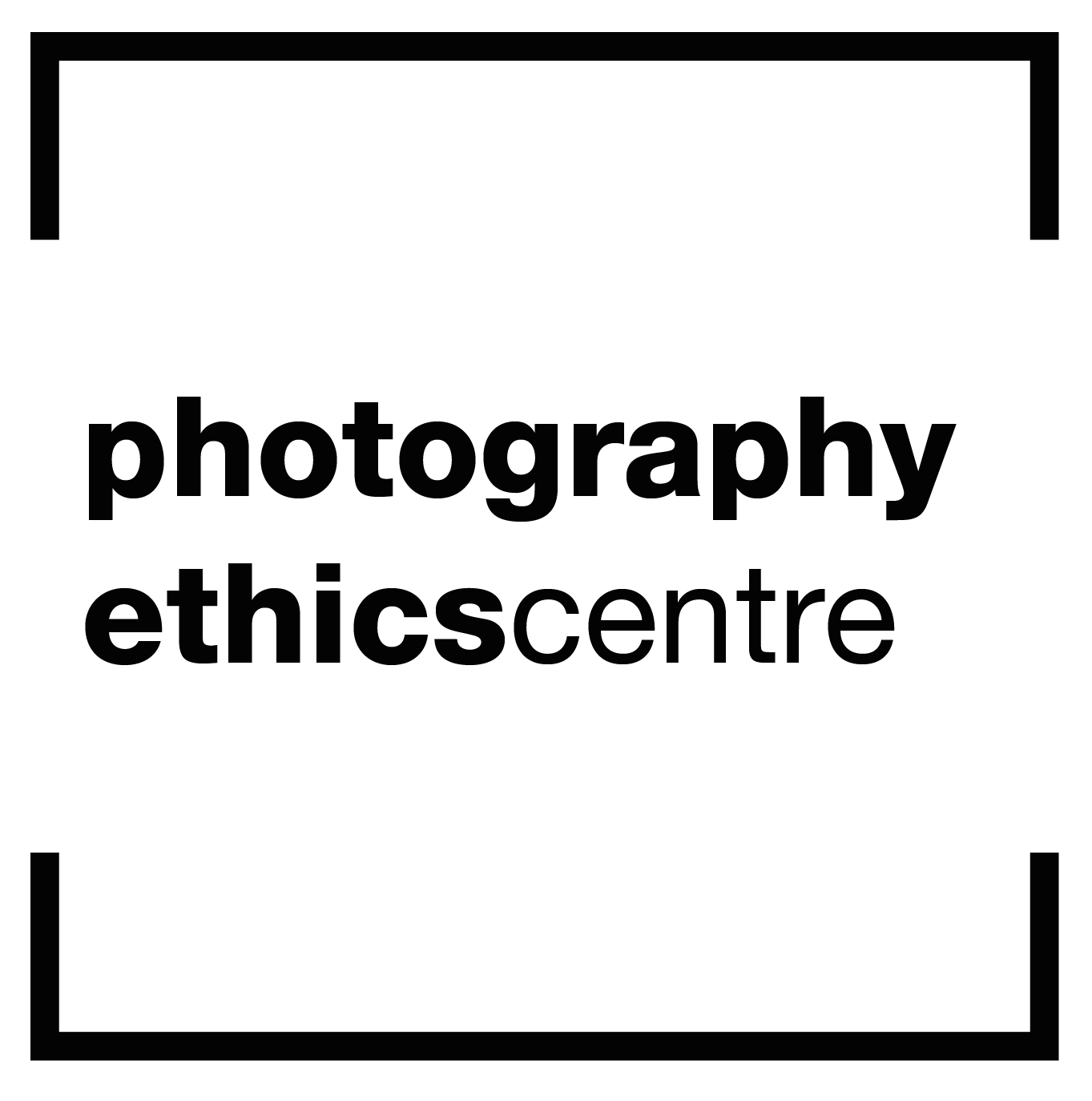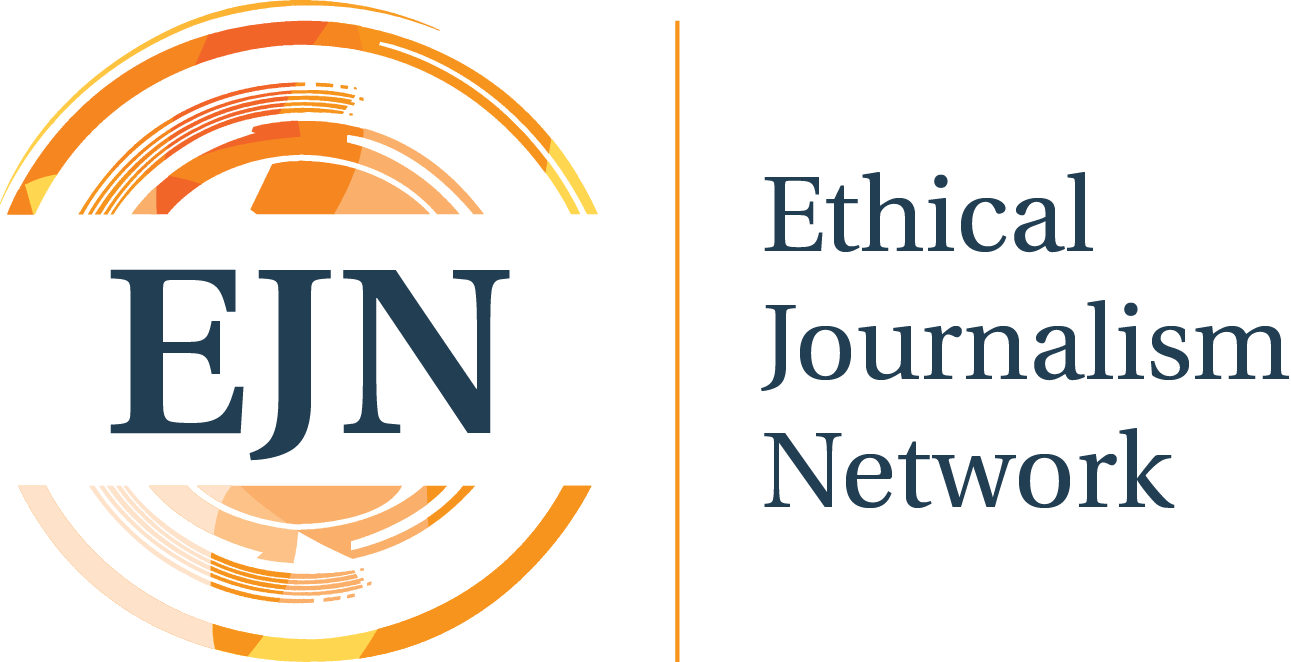About Us
The Photography Ethics Centre is dedicated to raising awareness about ethics and promoting ethical literacy across the visual media industries. We do this through a variety of programmes, including online courses, workshops, consulting, articles, and other multimedia educational content, like The Photo Ethics Podcast.
Our Story
The Photography Ethics Centre was founded in 2017 in the midst of global events like the migration of Syrian refugees across the Mediterranean, the surge of violence against the Rohingya community in Myanmar, and the British secession from the EU. The pivotal role that photography plays in geopolitical events like these cannot be overstated. The impact of photographs can be both positive and negative, and can influence at every level from the personal to the global. Photographs have immense power. Photographs can stoke discrimination or influence policy to open doors for refugees. Photography has even played a role in ending war.
We looked for tools to help photographers harness this power and effectively navigate the complicated terrain of ethics amidst the democratisation of photography and the rise of social media. We came up empty. So we put together a training manual ourselves. We formed a team of photographers who care about ethics, but who come at it from different angles and with different kinds of expertise. We created something that is both theoretical and practical, that grapples with the big questions but is applicable on the ground.
We tested it in Chiang Mai, Thailand and Hanoi, Vietnam. We watched passionate discussions unfold between people who work in all genres and at all levels. We found that ethics is a topic that all photographers can engage with because all photographers have a stake in it. We found that ethics impacts everyone's work, whether or not they are actively conscious of it. Most importantly, we found that the photographers who took our workshops left feeling that they had gained something.
It was the passion and energy that came out of the very first workshops that inspired us to create a system to make this training available to photographers around the world. And so the Photography Ethics Centre was born.
The Need for Visual Media Ethics Education
Images shape how we view the world, and when we make and share images we are shaping how others view the world. This is an enormous responsibility. Image integrity is in jeopardy today because this responsibility is not always taken seriously.
It is evident that prescriptive guidelines are not working to protect ethics and integrity in visual media. Despite the adoption of new guidelines following the disqualification of 20% of finalists in 2015, World Press Photo still had to disqualify 16% of finalists in the 2016 contest. A survey that year revealed that 83% of respondents stated that photographers “should understand professional ethics,” yet only 30% stated “that they would follow company guidelines on ethical issues.” While it is impossible to guarantee that image-makers will read and understand ethical guidelines, it is even less possible to guarantee that they will internalise the guidelines and apply them in their work.
Instead of encouraging image-makers to adhere to a prescriptive code of ethics, we need image-makers who are ethically literate. We need image-makers who are trained to handle ethical nuance, who can make sound ethical decisions based on the information at hand, and who understand how context can change the ethics of a situation.
At the Photography Ethics Centre, we promote ethical literacy among imagemakers.
Our Statement of Ethics
We believe that people come first. Our interactions with others are built on respect.
We believe that representation matters. We seek to amplify the voices of people who have frequently been left out of key debates in the photography industry by ensuring that people from a wide range of backgrounds and experiences are represented across our programmes.
We believe that photographs are powerful. We strive to use this power responsibly by choosing appropriate images to illustrate our materials. We work to set a good example of best practice by carefully considering how we use and from where we source photographs.
We believe that language shapes both thoughts and actions. Therefore, we are mindful of the language we use, avoiding words and phrases that replicate or reinforce a violent or colonialist mindset. We are grateful to Diversify Photo who are compiling a list of problematic words and phrases and their alternatives.
We believe that the internet should be an accessible space. We are working to make our content accessible to everyone by educating our team about web content accessibility and by implementing improvements.
We believe that we have a responsibility to the natural environment. We are working toward carbon neutrality by using solar panels, by using an email provider and domain host that invests in carbon offsets, and by using a merchandise supplier that is certified as carbon neutral by the Carbon Trust.
We endeavour to hold ourselves accountable to these ethical standards and to continue to evolve our ethical approach as an organisation.
Our Social Enterprise Model
"Social enterprise is about changing the world through business. Social enterprises exist and trade not to maximise private profit, but to further their social and environmental aims. In short, social enterprise is about business where everyone profits." (Claire Dove OBE DL, Social Enterprise UK)
The Photography Ethics Centre is a social enterprise whose aim is to raise awareness about visual media ethics through educational training programmes. Our Social Enterprise model means that profits gained through our tariffed services enable us to offer programmes like our self-paced online course and our podcast for free to photographers around the world.
Why do we offer things for free? Because we think visual media ethics is important, and we want people to learn about it. It's as simple as that.








